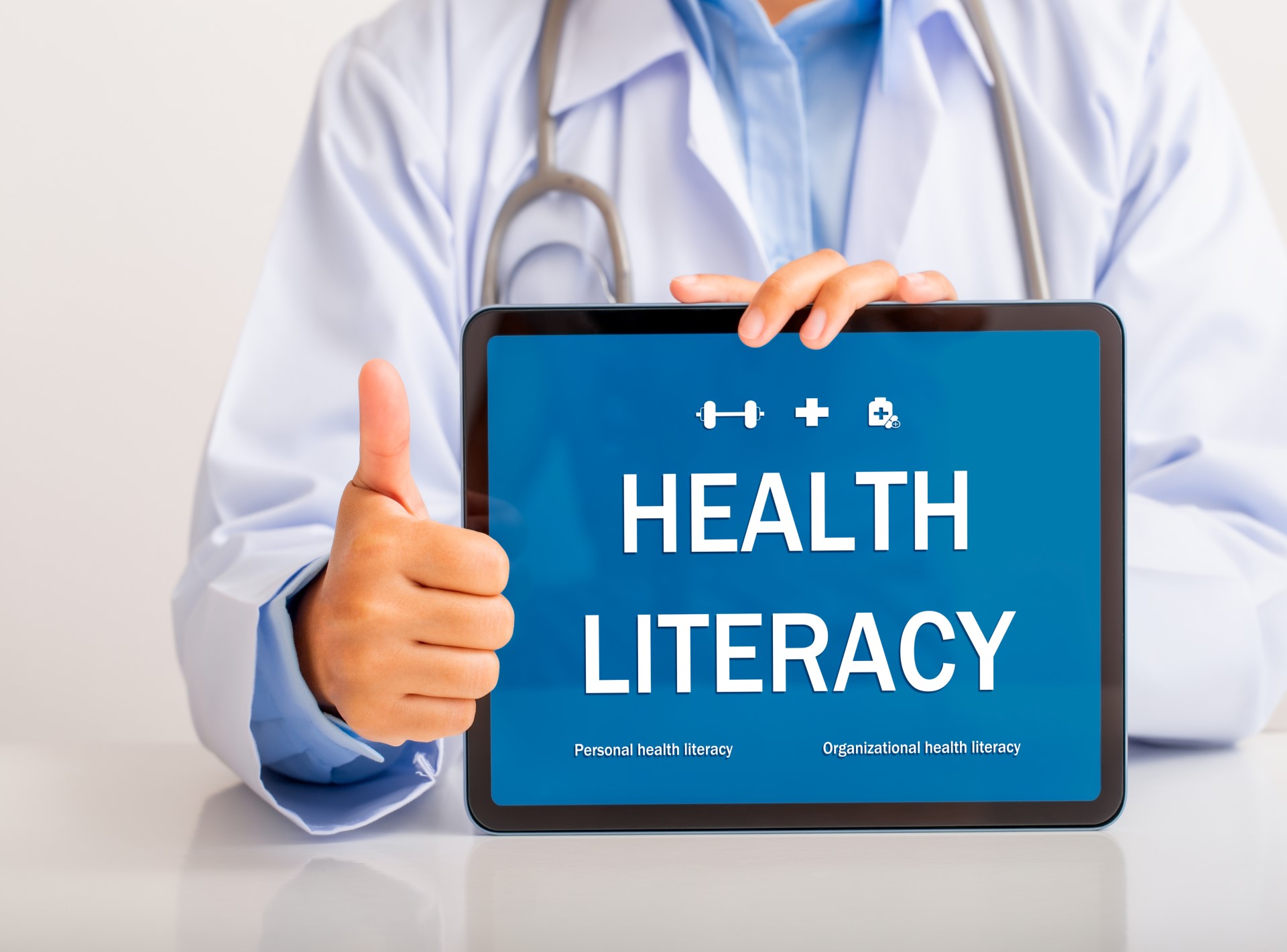
The RACGP has thrown its support behind the Consumer Health Forum’s calls for the Federal Government to fund public education that fully explains the Medicare system to the public.
RACGP President Dr Nicole Higgins said the move could help people navigate the health system better and improve their health.
“We’re living in an age where people are being swamped with pseudo health advice and marketing for products and services which aren’t evidence-based and could be dangerous,” she said.
“Improving health literacy is essential to ensure people know where to turn for expert health advice to live healthier – that is their GP.
“Our health system is incredibly complex, and there is very low health literacy in Australia. If people had a better understanding of Medicare and health literacy, they would be better equipped to navigate the system and improve their health.
“Many Australians simply don’t understand Medicare.”
The RACGP said EDs were under increasing pressure to deal with the overflow from reduced GP visits thanks to the bulk-billing squeeze that has forced most practices, especially in WA, to move to private billing, discouraging patients from seeking care.
“If people manage their health with their GP, they’re less likely to go to hospital, and it will help their hip pocket, as well as government budgets and taxpayers,” Dr Higgins said.
“Significant reforms to Medicare are occurring that many people aren’t aware of. Peoples’ entitlements are expanding with MyMedicare, but having a regular GP or practice is essential to access these entitlements.
“This reform is about improving health and wellbeing – the research shows having a regular GP results in better health and satisfaction.”
Similarly, with Australia facing a critical health worker shortage, including pharmacists, doctors and a forecast shortfall of over 100,000 nurses, the college has called on the government to fund incentives and subsidised training to get enough GPs in every community, in its pre-Budget Submission 2024-25.
“Australia is grappling with a perfect storm of factors, including an ageing population and epidemic of chronic disease, which are putting increasing pressure on our health system, hospitals, and emergency departments,” Dr Higgins said.
“Being a GP is one of the most rewarding jobs. But the workforce has been stifled by decades of underfunding, despite growing patient needs – our Health of the Nation survey found three-in-10 GPs intend to retire in the next five years.
“We’re also calling for the government to remove one of the key barriers to GP training by addressing differences in work entitlements and pay between hospitals and private practice. As it stands, GPs in training don’t get paid parental or study leave.
“This is a significant attraction barrier, particularly for women and those with young families. But it can be easily addressed by funding work entitlements and an incentive payment, so GPs in training get the same as their hospital-based counterparts.
“Together, these measures will boost our homegrown GP workforce, and attract more highly trained overseas doctors to come to Australia and meet the growing needs of communities today, and in the future.”
The pre-Budget Submission 2024-25, specifically requested:
- funding for 500 participants in the Fellowship Support Program and 600 in the PEP – Specialist Program to boost Australia’s GP workforce and get more GPs into communities in need.
- funding for paid parental and study leave for GP registrars and an incentive payment to ensure they are paid the same as those working in hospitals.

